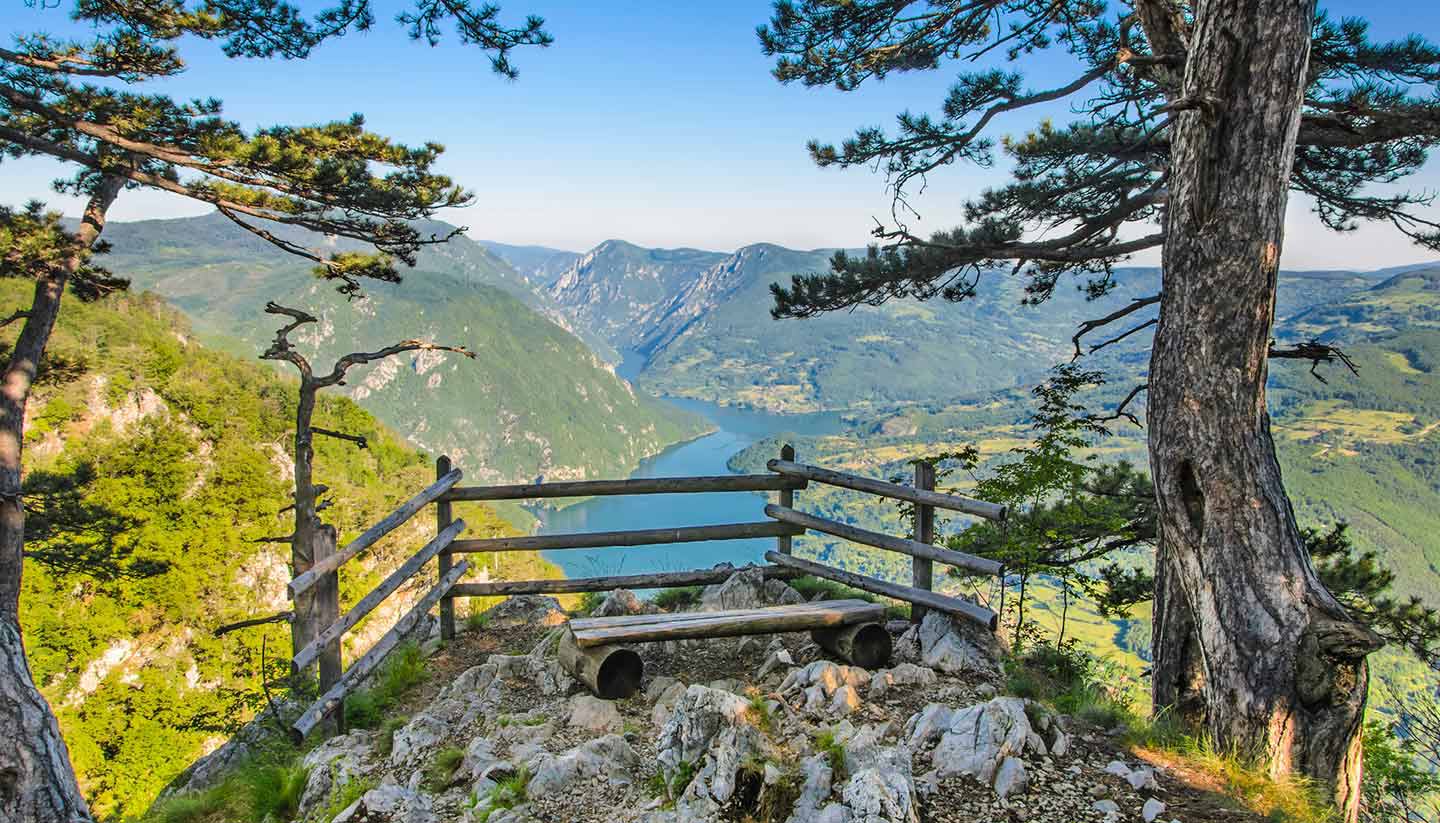Serbia History, Language and Culture
History of Serbia
Inhabited since prehistoric times and conquered by Celts, Greeks and Romans over the ages, the area occupied by modern-day Serbia has had a potted history. But the country's story really begins with the arrival of the Serbs on the borders of the Byzantine Empire in the 6th and 7th centuries. Cyril and Methodius converted the Serbs to Orthodox Christianity in the 9th century, which led to years of struggle and cooperation with the Byzantines.
By the 13th century, Serbia was independent – but not for long. As the Byzantine Empire was taken over by the Ottomans, the Turks commenced half a millennium of rule over the Serbs. This era changed many aspects of the country's culture – notably the cuisine – without fundamentally altering the Serbian identity, which remained Orthodox Christian and rather proud of its embattled history.
During the 19th century, Serbs gained control over their country again, but the assassination of Archduke Franz Ferdinand by a Bosnian Serb triggered the invasion of Serbia by Austria-Hungary and the start of WWI. The aftermath of the war saw the beginnings of Yugoslavia, initially a kingdom composed of Croatia, Slovenia, Bosnia and Herzegovina, Serbia and Macedonia.
Serbian resistance to fascist rule during WWII led to great suffering at the hands of the Nazis, though the partisans led by one Josip Broz Tito won the day; Tito eventually became the leader of post-war Yugoslavia, managing to unite the disparate contingents of the country while he lived.
Later, though, Serbian dominance of Yugoslavia led to violence and the bloody disintegration of the composite state. The culmination of this was the attempt by the Serbs to empty Kosovo of its Albanian population, leading to the US and NATO-led bombing of the country in 1999. In 2000, the infamous reign of Milosevic finally came to an end when he tried to deny the results of the country's presidential elections; Serbs took to the streets in Belgrade and in 2001 Milosevic was arrested and extradited to The Hague to face claims of war crimes.
Montenegro left its union with Serbia in 2003, while Kosovo declared independence in 2008; to date, Serbia has not formally recognised the latter state. The country currently has candidate status to become a member of the European Union.
Did you know?
• It is believed that the Vinča, who occupied the Serbian area around 6000 BC, had one of the earliest known forms of writing.
• Due to the indomitable resistance to fascist rule, Serb deaths during WWII are thought to number as much as half a million.
• Prime minister Zoran Ðinđić was assassinated in 2003; he was instrumental in bringing about Milosevic's extradition to The Hague.
Serbia Culture
Religion in Serbia
Majority Eastern Orthodox Serbs, with a Muslim ethnic Albanian minority, a Muslim ethnic Slavic minority in the Raska region of the southwest, a Roman Catholic ethnic Serbian and Croatian minority, a Protestant ethnic Hungarian minority (in the province of Vojvodina) and a small Jewish community.
Social Conventions in Serbia
Avoid taking pictures of military installations and of obvious bomb damage from 1999, which may cause ill feeling.
Language in Serbia
Serbian, which uses both Cyrillic and Latin script, Hungarian in the north and some Albanian.


